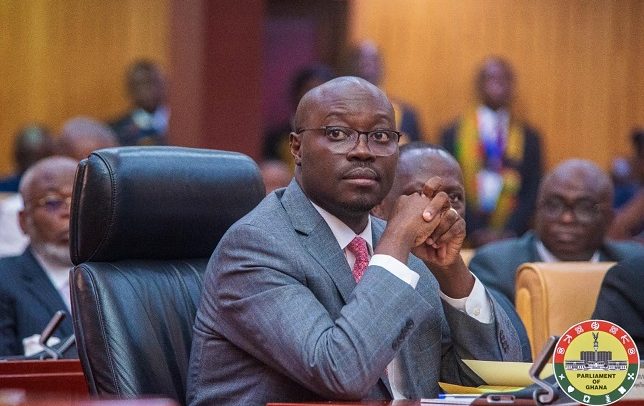There is venom in the air that all well-meaning people must be wary of.
It is more deadly than the poison of the cobra and anybody who considers it a play thing risks losing his or her life. What is happening now on the political space is more deadly than the serpent.
The fight for power has rendered the NDC a lying brigade to the extent that the Minority Leader, Ato Forson can lie about Unilever to paint a gloomy business environment in the country.
He feels emboldened to also lie about the exchange rate and inflation when he has the capacity to know the truth. As an economist who enjoys the act of speculation than the facts on the ground, he can only be doing NDC propaganda because its leader and other leading members are bereft of ideas and policies to build the nation.
This pull-him-down attitude will derail efforts at nation-building. We make a passionate appeal to the NDC to uphold the truth in their desperate moves to regain power. Again, the lies being told by Okudzeto Ablakwa about the sale of six hotels by SSNIT to Bryan Acheampong’s Rock City is part of the grand scheme by the NDC to peddle untruths about government’s actions.
The NPP must be ready for more of such lies during the run-up to Election 2024, because, unfortunately, a similar strategy worked for the NDC in 2008.
There is a growing tendency among social commentators including NDC politicians to throw mud at appointees of the ruling New Patriotic Party (NPP). They make these allegations seeking alibi in free expression knowing very well that the attacks on perceived opponents are not protected under free press legislation.
The tragedy in recent times is the utter disregard for the ethics of journalism by some practitioners who have accepted the John Mahama “dictum” of “small lies and small truth, the mix mix” on the political platform. Journalism is about facts and the truth, and more especially respect for fairness, balance and accuracy but not hearsay, gossip or propaganda.
We must state categorically that we are not against criticism of the government. In as much as we welcome careful scrutiny of the government’s actions, we expect the media, civil society, academia and the politicians to equally give praise where it is due. The narratives from certain quarters, especially from those opposed to the government do not seek to offer alternatives to accelerate the country’s development.
From post independent Ghana, politicians have propounded theories to fight inflation, high interest rates, weak currency and high cost of living without results. Even in 2024, those are the rhetoric on the campaign platforms, when the politicians know that many of our challenges are the results of external factors.
What we need is collective national action, for instance to reduce our over dependence on imported items. We must eat what we grow and grow what we eat, to end the delusion that any section of the political divide has the magic wand to address our development challenges.
The intellectual community must descend the ivory tower and provide answers to our problems. It is also important for academia to desist from the very partisan postulates on our situation and put the national interest ahead of the personal and partisan considerations.


